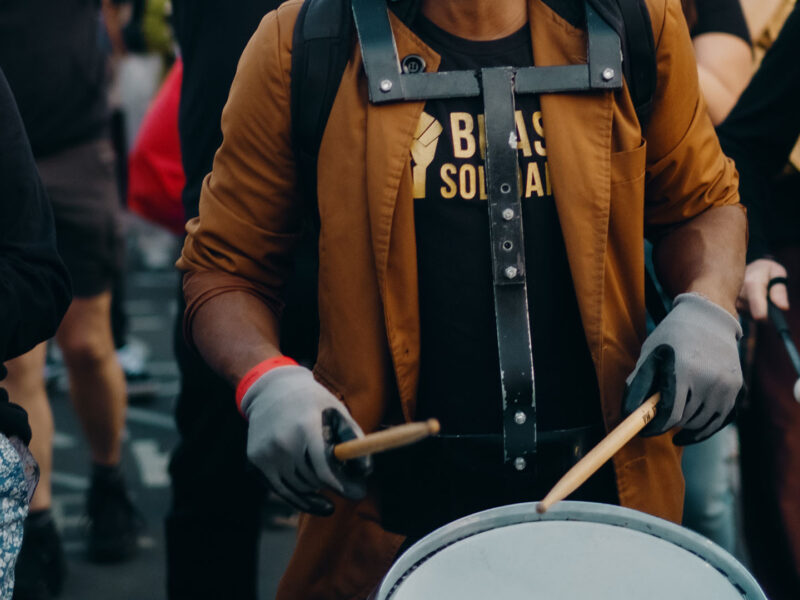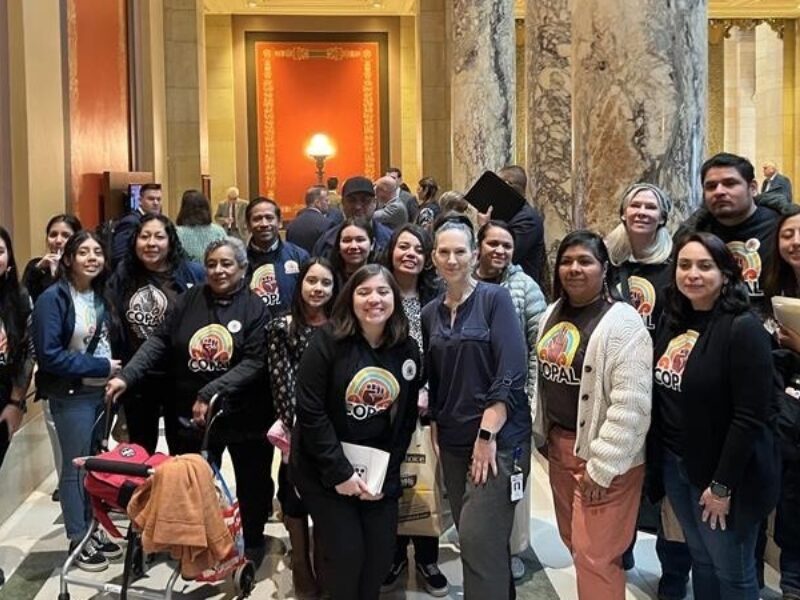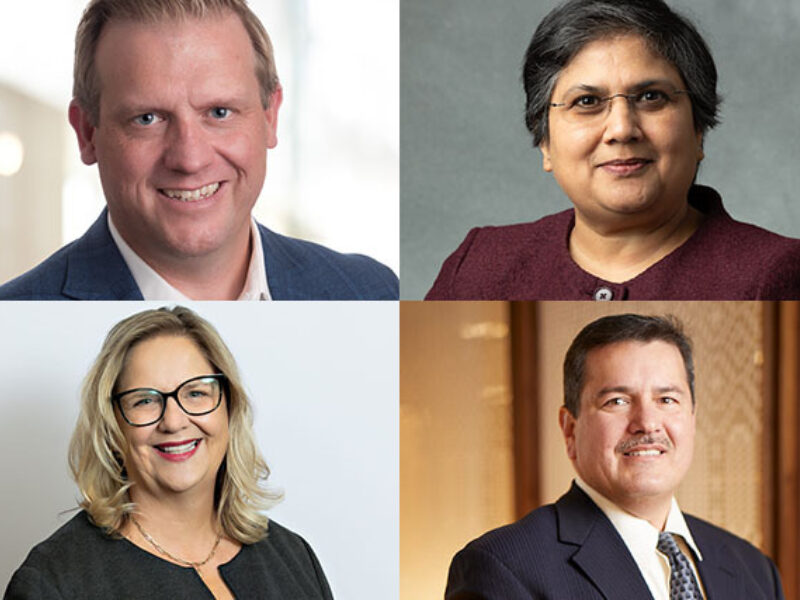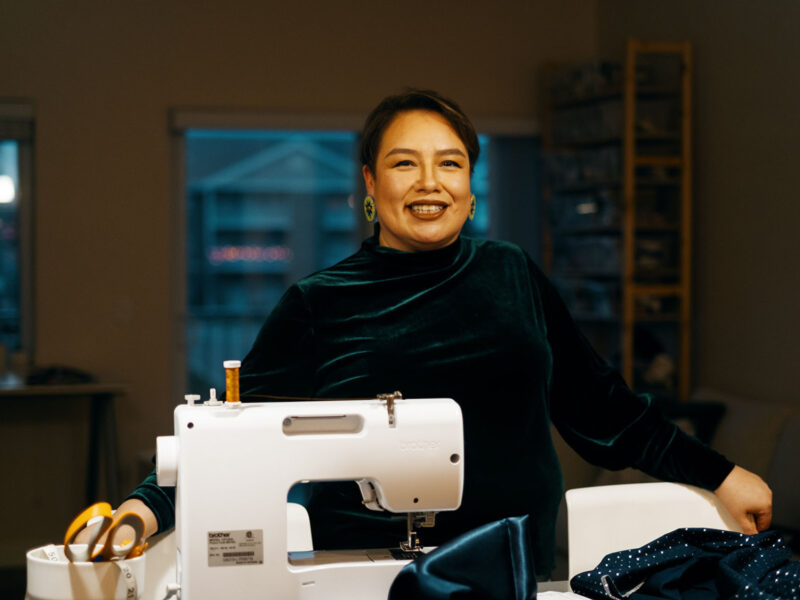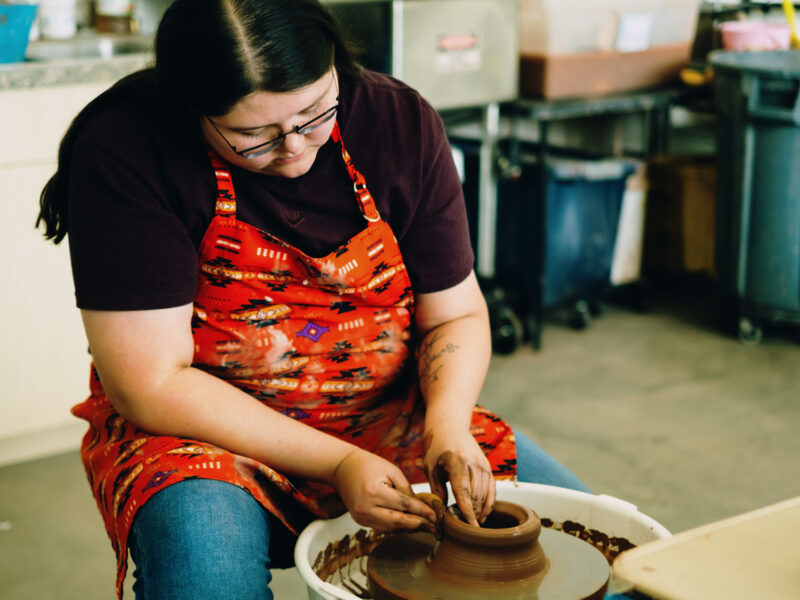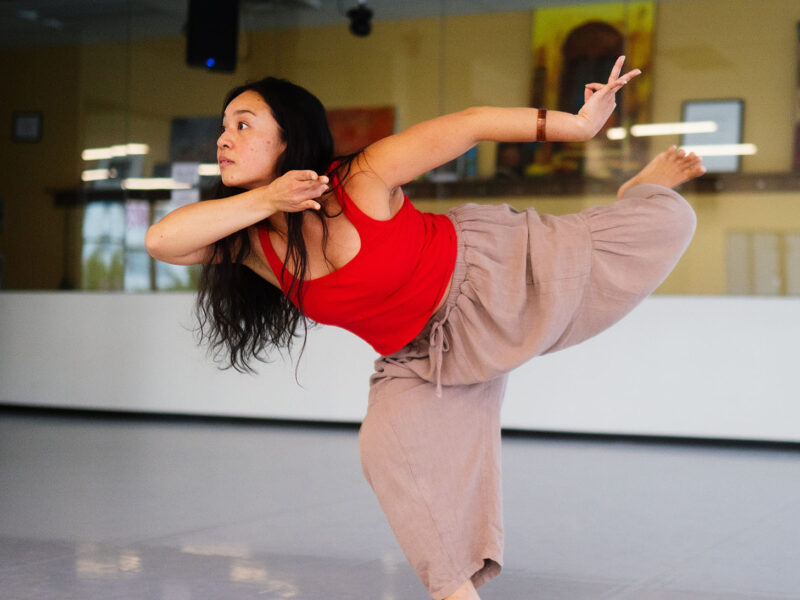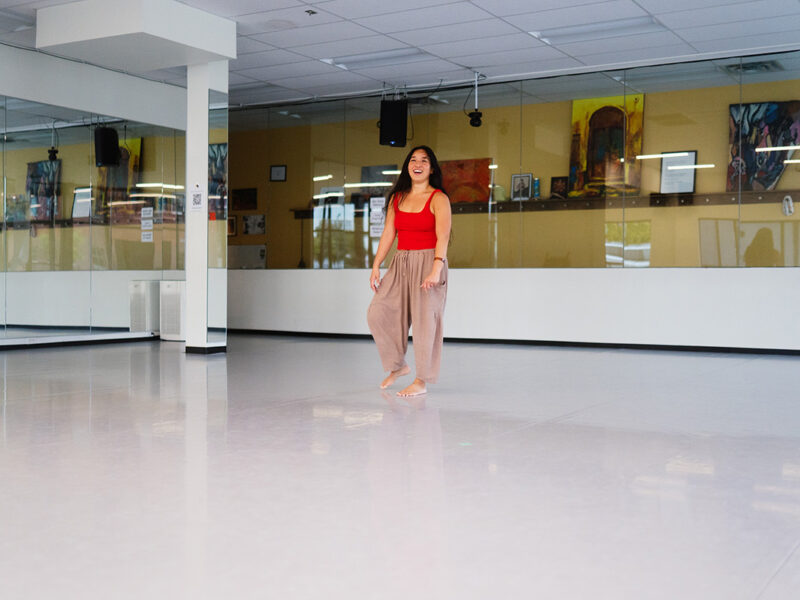A recap of the Truth & Transformation: Changing Racial Narratives in Media Conference
To help address the disparities in media narratives, journalists, media professionals and community leaders from across the state and surrounding areas gathered at Hamline University for the first ever Truth and Transformation: Changing Racial Narratives in Media Conference.
Thanks to support from the W.K. Kellogg Foundation for Truth, Racial Healing & Transformation (TRHT), the Saint Paul & Minnesota Foundation supported a partnership of six organizations:
- Hamline University
- KMOJ/98.8 Radio
- Minnesota Public Radio
- ThreeSixty Journalism
- Pillsbury United Communities
- The Minnesota Humanities Center
This partnership hosted a two-day workshop filled with guest speakers, panels and circle discussions around the importance of accurate racial and cultural depictions in media. Hear the panel discussion led by MPR's Angela Davis.
At the Foundation, we believe that changing problematic narratives is critical to advancing equity and dismantling the belief in a hierarchy of human value. Narratives have the power to create, shape and amplify the way we view people in our community.
For these reasons, we felt it vital to support this partnership and their goal to work with Minnesota news professionals to help them uncover their own personal biases, and encourage them to challenge their assumptions.
Media Professionals Surveyed on Racial Narratives
To establish a better understanding of the role these racial narratives play, news professionals were surveyed. The results showed that 78 percent of journalists surveyed strongly felt race and culture were important to consider when reporting.
However, they also felt that people of color were over-represented in a negative light or missing from the news entirely. According to the survey, 67 percent felt African Americans were over-represented in a negative light, while 51 percent felt Asian narratives weren’t represented at all.
This echoes the Foundation's findings in East Metro Pulse, Volume 2, with 61 percent of African American respondents feeling their narratives were missing or over-represented in a negative light in news media and 36 percent of Asian Americans feeling their narratives were missing entirely.
Too often, our current narratives fail to tell stories that truthfully represent all cultures, ethnicities and backgrounds.
Some stories are absent, some are mistold, while others only highlight negatives and never the positives. These incomplete and frequently single narratives influence how we perceive the world and how we interact with one another. The goal of the event was to give media professionals a “brave” space to open up about these narratives in an effort to create and establish new ones.
Our hope is that by having critical conversations on the importance of representation that is inclusive and positive, we can make an impact that not only changes our state, but the world’s view on racial narratives.



